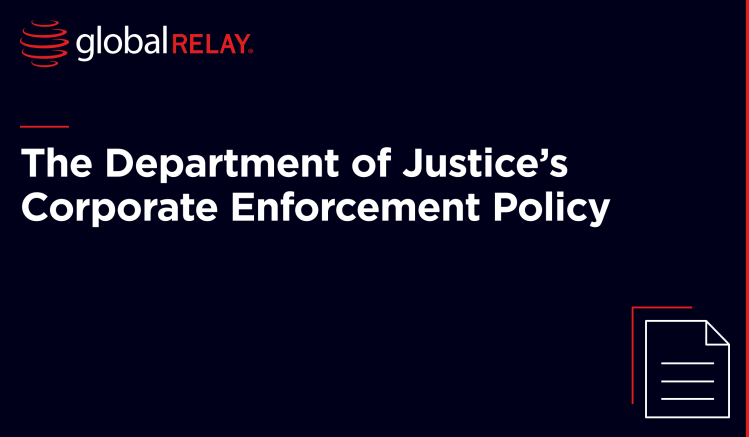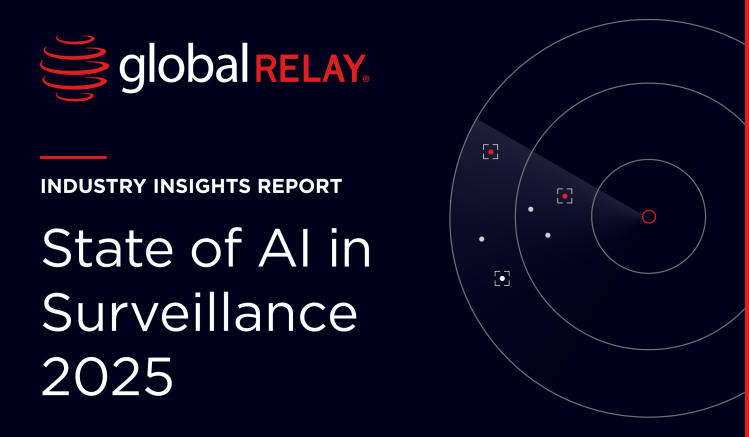In its latest CEP, the Department has outlined three paths to resolution, ranging from full declinations to reduced penalties for “near miss” disclosures, emphasizing the need for and benefits of transparency and accountability. The framework details:
Path 1: Voluntary Self-Disclosure
If firms can detect and flag misconduct to the regulator before it becomes public or a point of investigation, they will receive the most favorable outcome. This includes reduced financial penalties, avoidance of criminal charges, and in some cases full declinations. Here, speed and efficiency are key, as they demonstrate that firms are truly committed to a compliant culture and transparency.
Path 2: “Near Miss” Voluntary Self-Disclosures or Aggravating Factors Warranting Resolutions
The second path occurs when firms cooperate and appropriately remediate but cannot receive a declination. This is either because it did not qualify as a voluntary self-disclosure or had aggravating factors necessitating a formal resolution. However, firms can receive a non-prosecution agreement, a term of less than three years, no requirement for a compliance monitor, and a reduced fine.
Path 3: Resolutions in other cases
If firms do not choose to self-disclose, they face the harshest consequences, including steeper fines, possibility of a compliance monitorship, and reputational damage.
Surveil to self-disclose
While the DOJ framework provides clear incentives for transparency, as detailed in our whitepaper, it is up to firms to detect misconduct quickly enough to follow the first clear path. Traditional compliance systems, or the absence thereof, are unable to identify misconduct quickly enough to flag it to the regulator before investigations take place. Therefore, firms must look to leverage technology in a way that allows them to capture misconduct and any market abuse with speed and in detail, allowing firms to self-disclose in ‘good faith.’
With Global Relay’s AI-enabled communications surveillance, firms can strengthen their compliance and monitoring systems to respond to issues quickly and efficiently. Our LLMs give firms the ability to analyze whole conversations for meaning, sentiment, and context, which means firms can explain the reason a certain communication thread was flagged, providing the regulator and compliance teams with the needed justification. This all contributes to a greater commitment to self-disclosure and aiding smoother regulatory investigations.
By equipping financial services with tools to detect misconduct as it occurs, firms can stay ahead of regulation and self-disclose to avoid financial penalties and regulatory damage. Our latest whitepaper details the positive outcomes firms will face when implementing Global Relay’s surveillance solution and how it is a true commercial advantage to do so.




